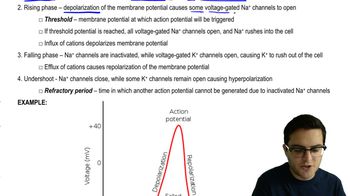<Image>
In the 1960s, the U.S. Food and Drug Administration approved a contraceptive that allowed women to plan desired pregnancies and prevent unwanted pregnancies. Oral hormonal contraception ('the pill') uses synthetic hormones similar in structure to progesterone and/or estradiol. What is the pill's mechanism of action?
Use your knowledge of the hormonal regulation of reproduction to predict the effect of a daily synthetic progesterone pill on (a) pituitary secretion of LH and FSH, and (b) ovarian secretion of estradiol and progesterone.





